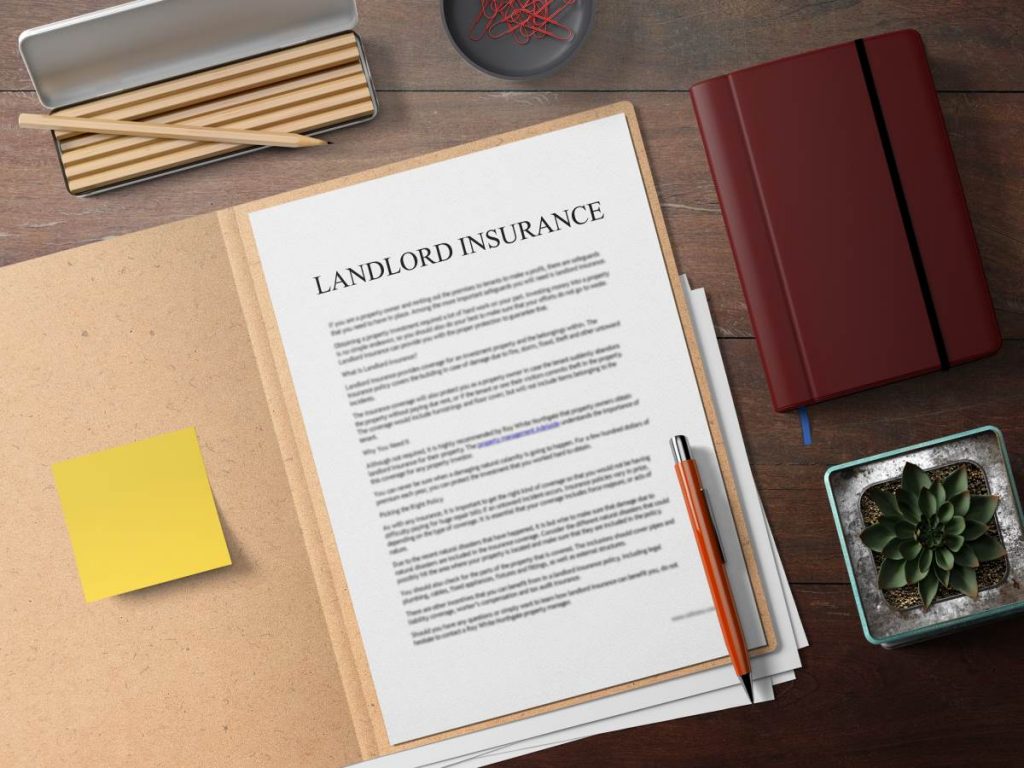You’ve just bought an investment property and excitement and anticipation is high. But with your short-term bank balance possibly in the red, you may be tempted to disregard landlord insurance. On the other hand, you’ve bought this property to enjoy greater financial security, so why risk not having extra cash protection?
Is this landlord insurance worth it?
As with any insurance, you may pay for landlord insurance without ever encountering the risks and dangers your policy covers. Then again, you might, and as real estate agents, no one knows better than us how quickly a great tenant can suddenly stop paying rent or break their lease at short notice. This is why it’s now common practice for property managers to discuss financial risks, and how to manage them, with new landlords. Even after doing this however, objections to having landlord insurance often arise. These include points such as a tenant’s bond covering any property damages; the landlord already holding building insurance; and, for a strata property, the owners’ corporation having insurance. But as a general rule of thumb, a rental bond is only four week’s rent when far more might be needed to restore the property. Building insurance protects the building itself, and not contents, while owners’ corporation insurance only safeguards a strata building’s exterior.
What does landlord insurance cover?
Landlord insurance protects against tenants and their guests’ malicious damage such as theft and burglary as well as their inability to pay rent; a broken lease; and any legal expenses needed to evict them. Some providers even take care of the cost of replacing property locks, if a tenant doesn’t return their keys. Landlord insurance also protects against natural disasters and similar worst-case scenarios such as floods, storms and fire plus public liability, which can easily be overlooked. Bear in mind, however that this insurance doesn’t cover rental loss due to not having a tent, the property’s general wear and tear, and maintenance expenses.
Questions to ask insurance providers
The cost of landlord insurance differs according to states and suburbs so be sure to shop around for the best policy, while remembering that cheaper ones aren’t necessarily the best. Ask the provider to list exactly what the policy covers including natural disasters, rental losses, tenant and pet damage, public liability and legal details. Also check on any extras they offer. Specialist or body corporate insurance is needed for strata titles and is different from your average landlord insurance. If your rental property is furnished, you may want contents insurance too.

